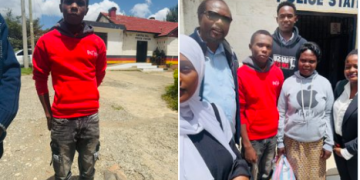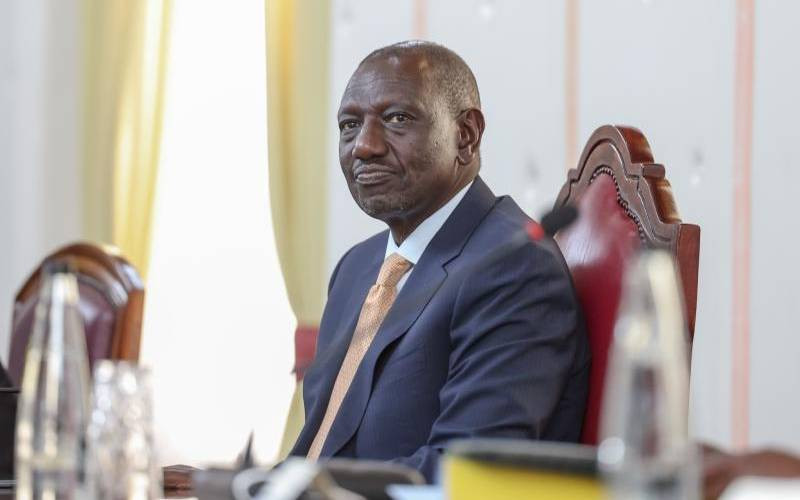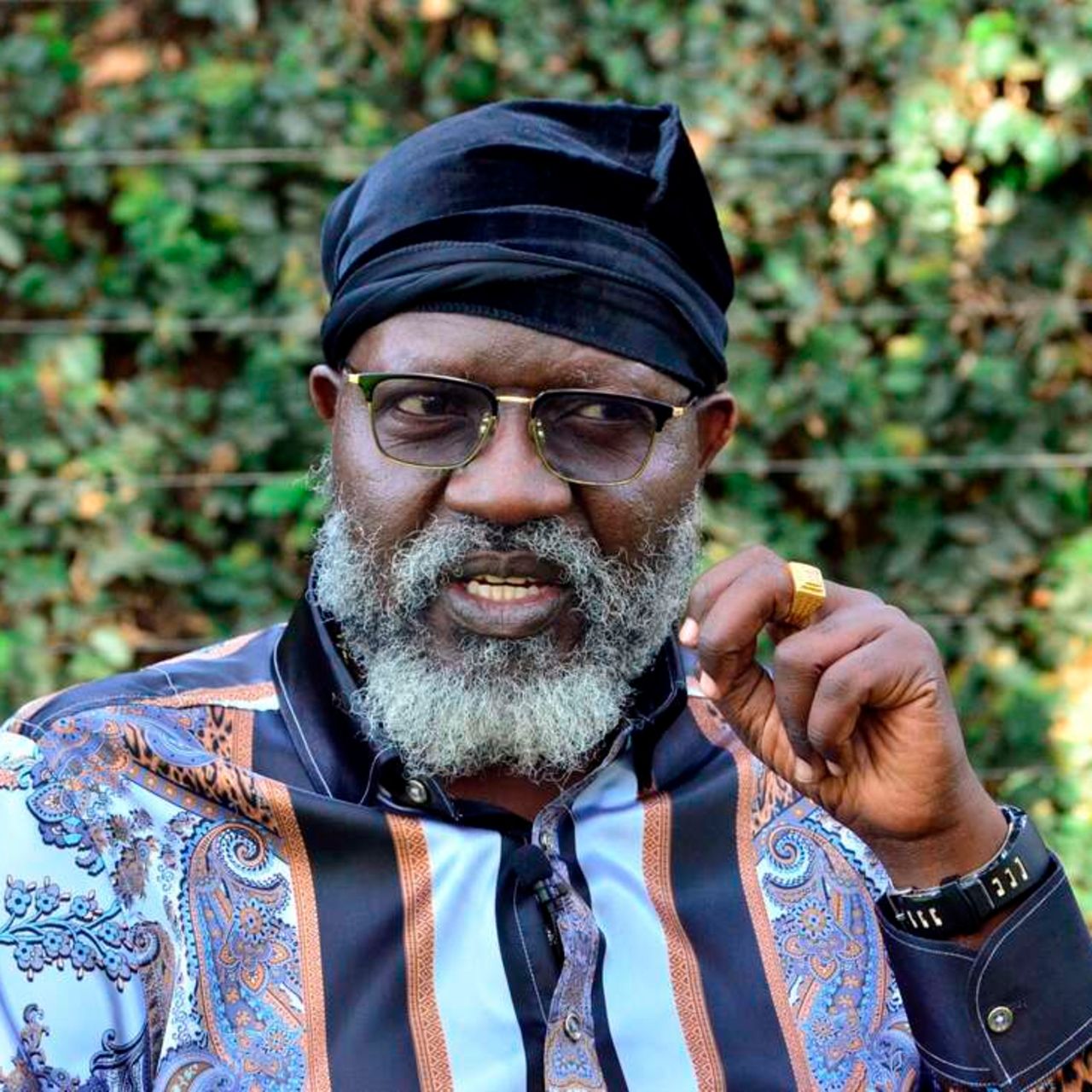Milways Enterprises was registered as a business name On February 2nd, 2009, when Millicent Omanga was 27.
A business name, unlike a limited liability company, is not a distinct legal body, but it enables individuals to engage in legal commerce.
According to Ms. Omanga, Milways Enterprises offers imported furniture and other household items, and it was one of the means through which she achieved financial success.

A report by the Nation shows that the anti-graft watchdog could bring charges against Ms. Omanga, who is now 40, as well as other businesses and people suspected of colluding to steal taxpayers of Sh4.8 billion through questionable contracts issued by the Kenya Prisons Service.
The investigation takes place as Kenyans go to the polls on August 9 in an effort to elect the nominated senator to the upcoming National Assembly. She has her sights on the position of Nairobi’s female representative.
Milways Enterprises is believed to be based out of the Development Towers on Biashara Street, according to records at the Business Registration Service.
In 2019, it had just won a deal to provide gun slings to the Kenya Prisons Service when the Ethics and Anti-Corruption Commission (EACC) began investigating a number of tenders issued by government agencies.
Taxpayers would have paid Sh4.8 billion for the contracts under scrutiny even though there was no guarantee that rifles and other security equipment would be delivered.
The EACC’s inquiry prevented any money from being released.
Strangely, the Kenya Prisons Service had consented to provide suppliers access to 80% of the contract payments.
For the provision of gun slings, Ms. Omanga would have received Sh200 million. This implies that she would have received a Sh160 million deposit from the prisons department.
In addition to the irregularity of the large deposit, Ms. Omanga’s contract was somewhat unnecessary because slings are already attached to firearms as they are being manufactured.
The inquiry is ongoing, and it may result in the prosecution of multiple people, including Ms. Omanga, along with former and current Kenya Prisons Service employees who the EACC suspects conspired to cheat taxpayers.
Information that the Kenya Prisons Service had signed questionable contracts with multiple businesses that would have cost taxpayers Sh4.8 billion was leaked to the EACC by informants.
Detectives claim that the contracts were the result of insiders negotiating with suppliers to forego legally required procedures in order to have the majority of the money—Sh3.6 billion—released prior to the arrival of any security-related equipment.
How a furniture supplier won a bid to supply critical national security equipment is one of the puzzles that the EACC probe is anticipated to answer.
In order to submit a bid for a publicly funded tender, businesses typically need to demonstrate their prior success in providing the requested goods or services.
This implies that Milways should have provided evidence of its background in the provision of security tools like gun slings.
The EACC is also looking into why authorities with the Kenya Prisons Service approved the release of 80% of the bid amount while many of the parties that were contracted with failed to fulfill essential conditions including providing bank and performance guarantees.









































